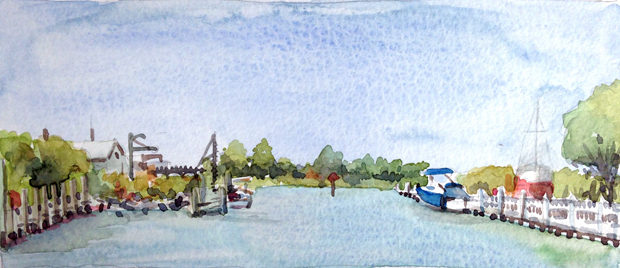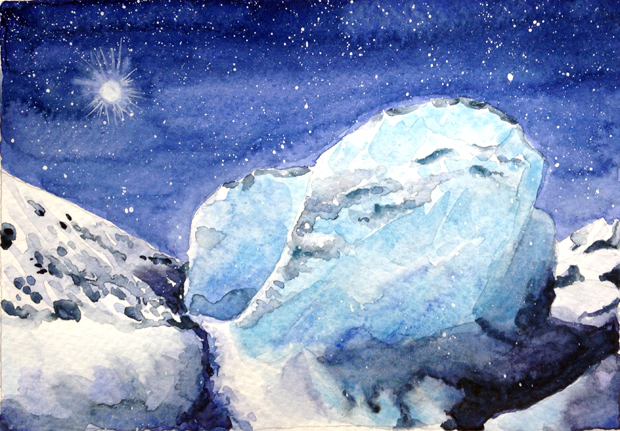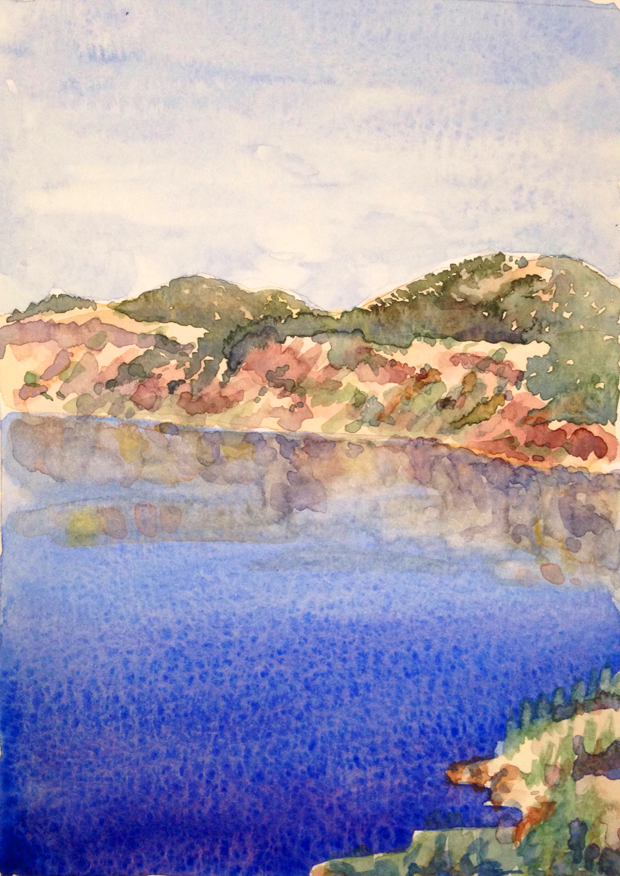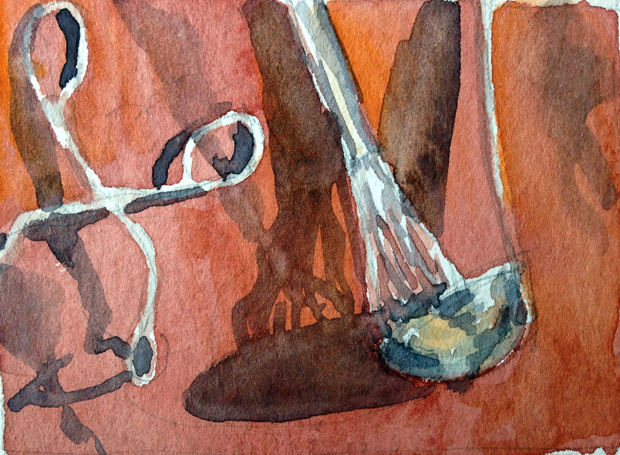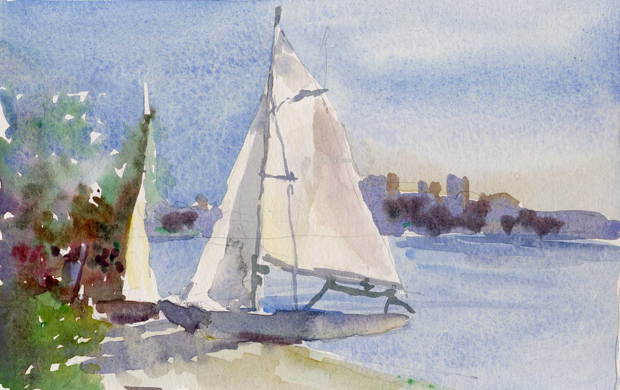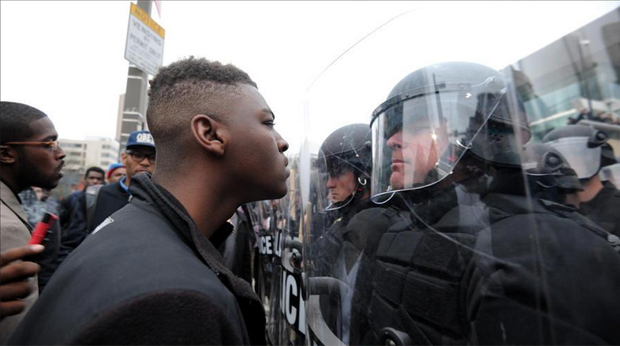In politics and advertising, there’s an old saying: Whoever controls the story, wins. Campaign advisors speak of “framing” a story, of “getting ahead of” stories, “firing the first shot” against their opponent. This appropriation of Story to sell things—whether face cream or a financial bailout or a candidate—is a debasement of the magic and power of storytelling. One favored tactic is to reduce individuals to cartoonish generalizations, as some Presidential candidates are currently doing with immigration.
Michael Moore’s 2009 film about the financial crisis uses just the opposite technique, weaving a story from honest conversations with real people. “Capitalism: a Love Story,” is told in his signature quirky, gloves-off style. In the opening sequence, he intercuts an old classroom film about the Roman Empire with contemporary images of poverty, homelessness, backbreaking labor, and entertainments used to divert the people’s attention from the true state of things. It’s a brilliant commentary not only on how far we have fallen, but on where we might be headed if we don’t take an honest look at the stories we live by. Continue reading

